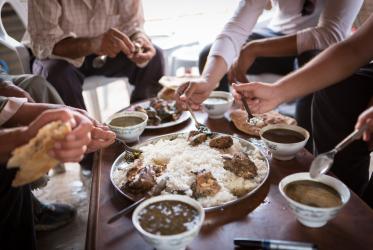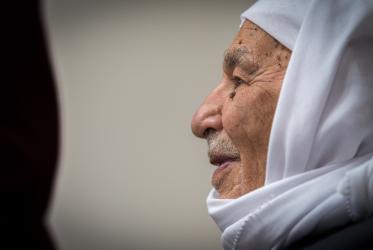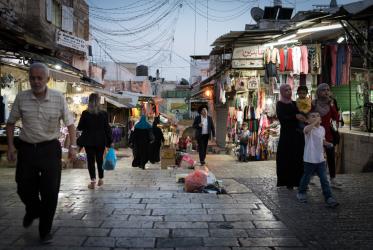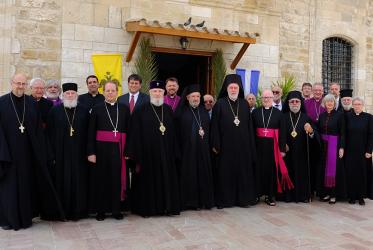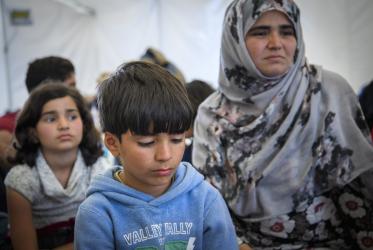Displaying 1 - 20 of 22
Anglican–Orthodox International Commission releases communique
01 November 2018
WCC fields inter-Orthodox response to convergence text
17 October 2016
WCC/UN conference calls for coordinated action on refugee crisis
20 January 2016
“European solidarity must be strengthened”
29 October 2015
Local and global work saves lives
22 October 2015
WCC urges responsibility for and support to the refugees in Europe
04 September 2015
WCC Executive Committee speaks out on migrant crises
12 June 2015
Pilgrimage of justice and peace gives vision for WCC programmes
22 November 2014

